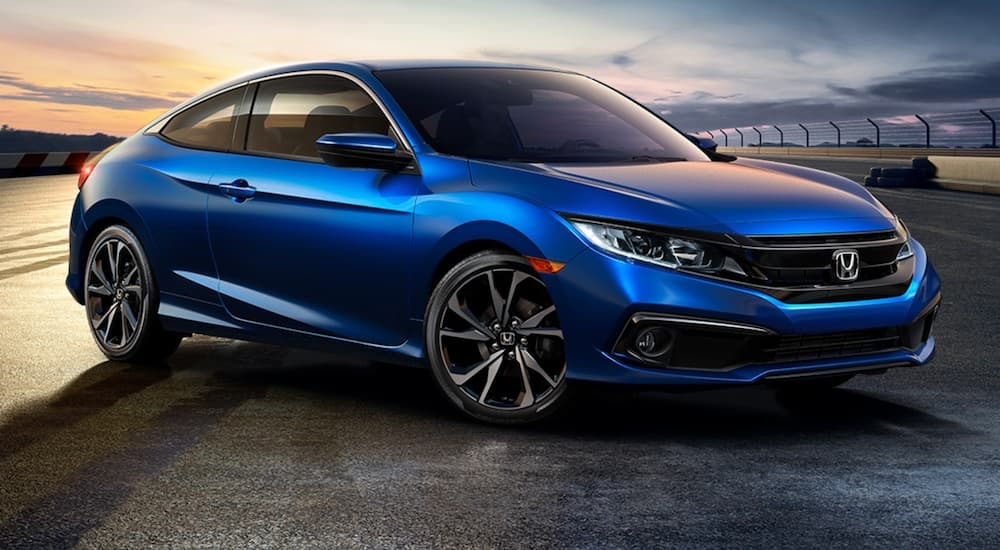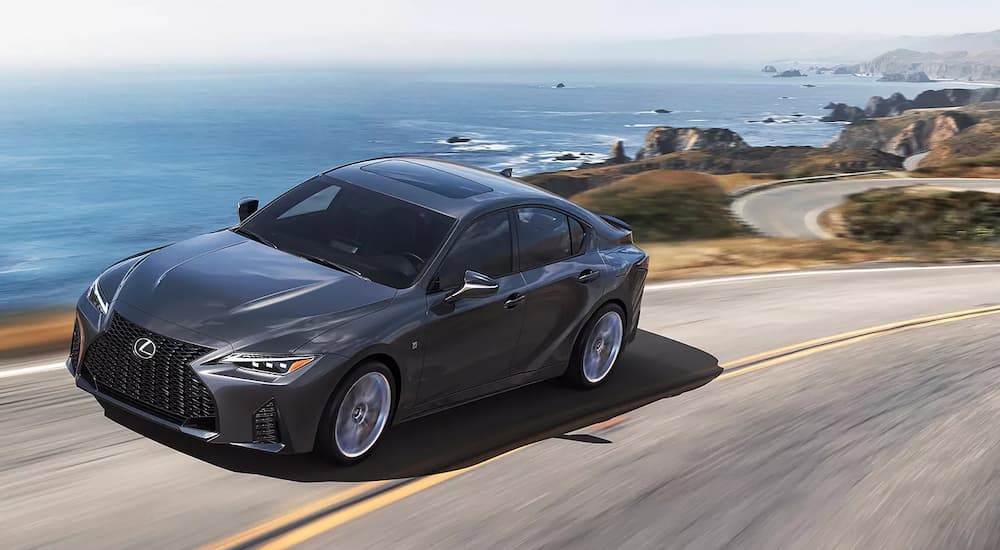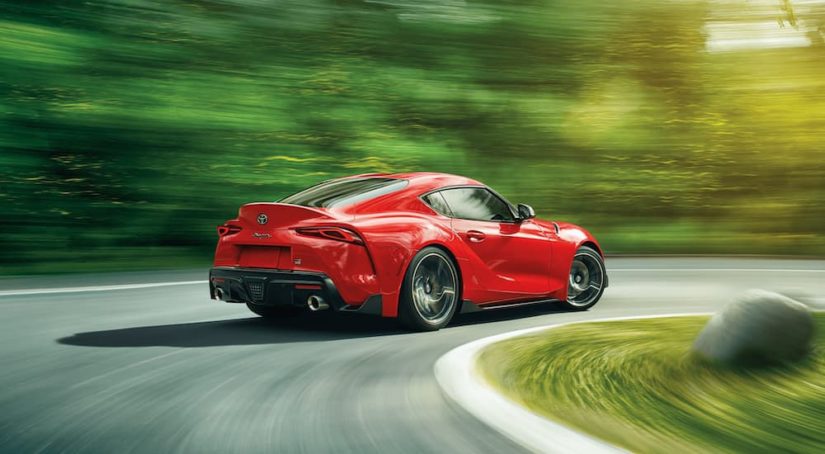Founded in 2012, Carvana has become increasingly popular over the last decade as a reliable car shopping tool. It has been the fastest-growing online retailer for cars and posted record profits in 2020, thanks in large part to the Covid pandemic and the booming used car market. And yet, recent news for Carvana has been less than great—not only in terms of its finances and standing in the industry, but also concerning customer satisfaction in numerous states.
The result demonstrates that Carvana is in trouble: They’re reporting lower profits, laying-off thousands of employees, and doing business in fewer states than they were a month ago. If you’re shopping for a car online, I’d suggest giving Carvana a pass and looking elsewhere; they’re certainly not the only game in town. Sure, their “vending machines” look cool and definitely grab attention—plus, they can deliver vehicles to their customers quickly throughout much of the country. But the risk you’re taking by shopping with them is simply not worth it—not when you have so many alternatives available to you.
What Is Carvana?
In case you haven’t seen their ads, Carvana is an online car dealership—one of the first that really rose to prominence in the last decade. They focus on selling used cars, so they do not have a license with any manufacturer, and their main claim to fame is the vending machines that they utilize. These are massive towers with glass sides, in which they park rows and rows of cars in a way similar to a beverage or snack machine. Fortunately, you don’t have to insert your down payment one crinkled dollar bill at a time, nor does your chosen vehicle fall from a great height once you select it (or get stuck on any metal springs).
At the moment, Carvana has 32 “vending machines” across the US, in states such as Arizona (where they started), California, Texas, and North Carolina (I’ll mention NC a bit more down below). You can go to one of their vending machines to pick up your vehicle, finalize paperwork, and drive it home. As with other online car retailers, though, you can also choose a vehicle and they will deliver it to your home or place of business.

Growth and Success
Since they first launched in 2012, Carvana has experienced a great deal of success. They’ve reinvigorated the online car-buying space and become a leader in the used car industry. They were already doing well by 2019, but the pandemic and its resulting consequences throughout 2020 spurred a surge in their popularity and success. Online car-buying became increasingly popular as a result of Covid and Carvana was poised to perfectly capitalize on that—and capitalize they did.
They posted annual revenue of more than $5.5 billion for 2020, with more than 244,000 cars sold that year. Over the last couple of years, demand for used cars has been massive and Carvana has taken advantage of that to gain these record profits for their company.
The consequences of their policies, however, haven’t always been advantageous. Now, the numbers for Carvana are starting to tilt the wrong way. I’d be lying if I said that some of this wasn’t deserved.
Financial Troubles
Although the used car market is still in a massive boom, with demand as high as ever, Carvana is not doing great. They recently posted their first-ever sales decline for the first quarter of 2022; that’s right, even though people still want used cars in record numbers, Carvana is failing to sell as many of them as they’d like. This has resulted in stock prices for their company dropping—as much as 24% in one particular period. Though their stocks have rebounded a bit, there’s no denying that Carvana is in rough shape.
Officially, they have blamed factors such as, “rising interest rates,” and, “rising fuel prices,” for this drop in sales. In reality, Carvana saw the surging demand for used cars and responded in exactly the way you’d expect a large corporation to: They got greedy. Carvana bought up all the used cars they could find. Rather than let the market remain open to consumers, they wanted to gobble up every last bit of it so that people had to go to them for cars. This was part of what decreased the supply of used cars to customers, which resulted in recent record-high prices for used cars.
People have been hesitant to pay these prices when they don’t have to, so Carvana isn’t selling as many cars as they expected. This is why I say they deserve some of this struggle; they helped create higher prices for their products, and when people responded accordingly, they were hurt by the consequences. And by, “hurt,” I mean they recently announced that 2,500 employees are being laid off (they used the term “workforce reduction”) as part of their “right-sizing initiatives,” to curb their losses.
I feel bad for all of the people who lost their jobs. Certainly, none of them are the people who created the financial woes for the company. While Carvana also announced that their executive team would not be taking a salary for the rest of 2022—to fund severance packages for these employees, no mention was given about any bonuses or additional compensation these executives are sure to enjoy. The fact that these layoffs came the same day that Carvana announced they’re making a bid to buy a vehicle wholesaler for $2.2 billion leaves a somewhat bitter taste in my mouth.
Losing Their Dealer License in Multiple States
Financial woes are one thing—and, while troubling, not necessarily enough to make me suggest avoiding Carvana altogether. I say you should shop for cars elsewhere, though, because they seem to be struggling to do their actual job as a car seller. On May 10, it was announced that Illinois had temporarily blocked Carvana’s dealer license in the state for failing to properly transfer titles for vehicles they sold to their customers, and for misusing out-of-state temporary registration permits. The state is currently investigating some 90 complaints against Carvana.
This isn’t an isolated incident, either: Last year, Carvana had its dealer license suspended for six months in North Carolina for not issuing vehicle registrations to customers and for avoiding mandated state inspections. Similarly, Carvana nearly lost their license in Florida for not issuing titles to their customers and just barely managed to get them out before a state deadline earlier this year. A dealership essentially has one job: selling a car. This requires not only handing over the vehicle itself, but also the title and registration—so that a customer can legally drive the vehicle they buy. Carvana has recently struggled to do this in three of their biggest markets, and that’s a huge red flag for me.

What Are Your Alternatives?
You have more options than ever before when shopping for a car online. Carvana is not the only online retailer out there, so shop around if you’re looking to have the virtual car-buying experience.
A growing number of traditional dealerships have also expanded onto the internet and provide numerous online car shopping options. Some will let you handle everything online, bring you a vehicle for you to test drive, and then deliver your car to you once all is said and done. Plus, you still get the knowledge that you have a local dealer to work with if any issues come up. I’d rather buy online with a dealership that has no problem keeping its license to do business in my state, but maybe that’s just me.



